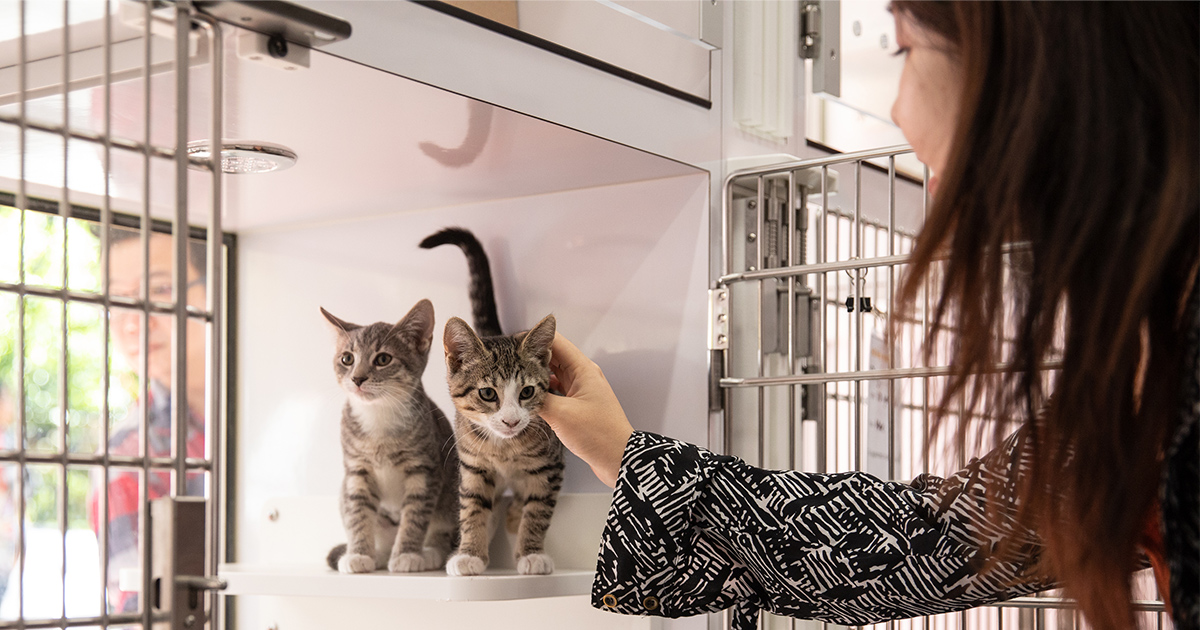Pet therapy animals offer a unique and powerful form of therapeutic intervention, bringing comfort and joy to individuals of all ages and backgrounds. These specially trained animals, most commonly dogs but also including cats, horses, and even some smaller animals, provide a wide range of benefits for both physical and mental well-being.
Beyond Companionship: The Therapeutic Benefits
The presence of pet therapy animals can have a profound impact on a person’s emotional state. Interacting with these gentle creatures can reduce stress, anxiety, and depression. The simple act of petting an animal can lower blood pressure, slow heart rate, and release endorphins, the body’s natural mood elevators.
Aiding in Physical Recovery
Pet therapy animals can also play a vital role in physical rehabilitation. For individuals recovering from injuries or illnesses, interacting with these animals can improve motor skills, increase mobility, and enhance overall physical function.
- Stroke Rehabilitation: Pet therapy can help stroke survivors regain motor skills by encouraging them to participate in activities like throwing a ball for a dog or brushing a horse.
- Physical Therapy: The presence of a calm and friendly animal can create a more relaxed and enjoyable environment for physical therapy sessions, making it easier for patients to engage in exercises.
Addressing Social and Emotional Needs
Pet therapy animals can be particularly beneficial for individuals experiencing social isolation or loneliness.
- Elderly Care: In nursing homes and assisted living facilities, pet therapy animals can provide companionship, reduce feelings of loneliness, and stimulate social interaction.
- Children with Special Needs: Children with autism, developmental disabilities, or emotional challenges can often benefit greatly from interacting with animals. Pet therapy can help improve communication skills, increase self-esteem, and provide a sense of comfort and security.
The Importance of Training and Safety
It’s crucial to remember that not all animals are suitable for therapy work. Pet therapy undergo rigorous training to ensure they are calm, gentle, and well-behaved in a variety of settings. They must be comfortable with new people, noises, and environments.
The Future of Pet Therapy
The field of pet therapy is constantly evolving, with ongoing research exploring its potential benefits for a wide range of conditions. As our understanding of the human-animal bond deepens, we can expect to see even greater integration of pet therapy into healthcare settings and beyond.











